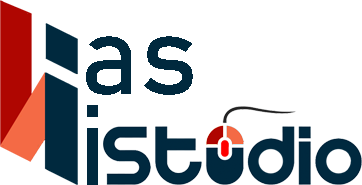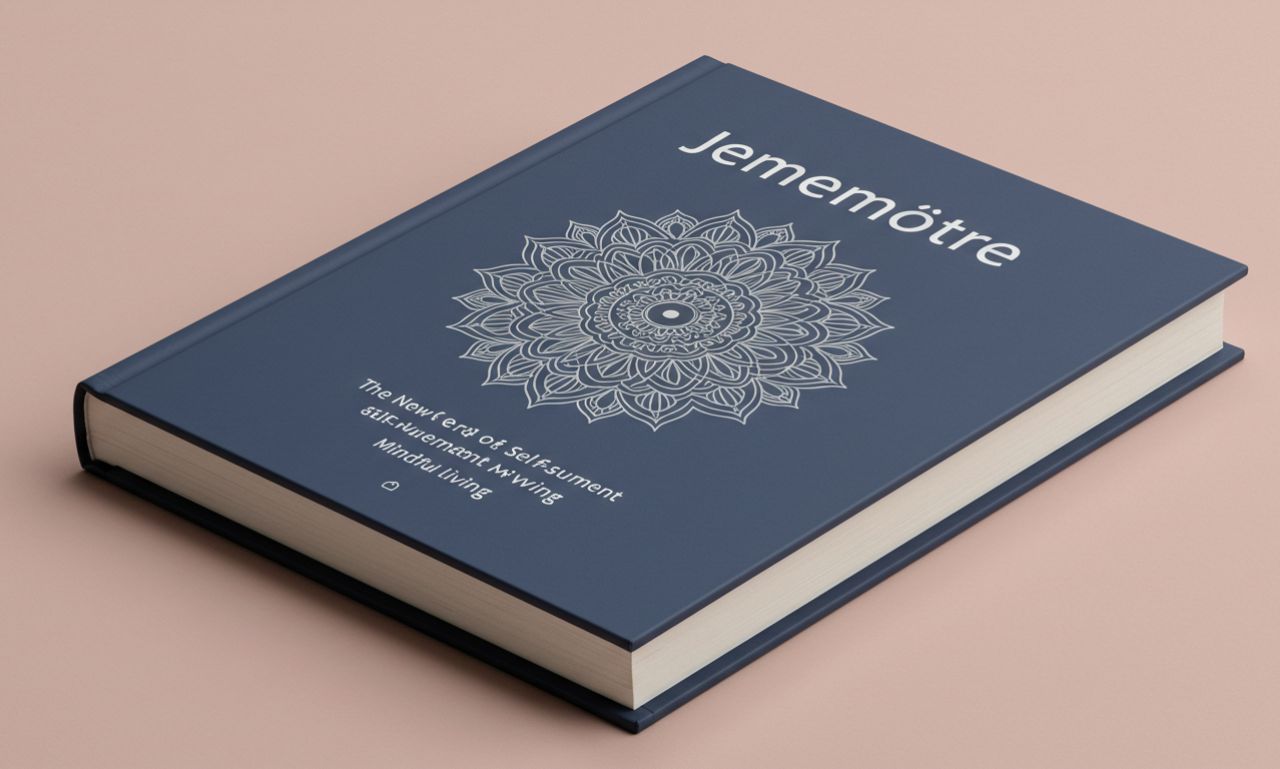In today’s world of constant self-analysis and personal development, the concept of Jememôtre has emerged as a powerful symbol of balance between self-awareness and self-acceptance. This unique term, though seemingly new, captures a growing cultural movement focused on understanding oneself through reflection, data, and mindful living.
The term Jememôtre blends linguistic creativity with philosophical depth — it suggests the act of measuring oneself, not through external validation, but through introspection and awareness. In this article, we explore the meaning, origins, cultural influence, and psychological significance of Jememôtre, and how it redefines the relationship between humans and self-knowledge in the digital era.
What Is Jememôtre?
At its core, Jememôtre is a conceptual expression derived from French roots — “je me” (I myself) and “môtre,” a play on the word mesurer (to measure). Together, Jememôtre symbolizes “I measure myself.”
However, it goes beyond mere physical or quantitative measurement. Jememôtre represents a holistic process of self-evaluation, involving emotional awareness, mental balance, personal growth, and authenticity.
It’s about asking, “How am I doing — truly?” rather than “How do I compare to others?”
In a society obsessed with metrics — likes, followers, productivity — Jememôtre brings focus back to internal measurement: understanding one’s thoughts, emotions, and intentions without judgment.
The Origin and Evolution of Jememôtre
The origin of Jememôtre is rooted in the intersection of philosophy, psychology, and digital culture. While not a traditional French term, it has surfaced in online discussions, creative literature, and modern self-development movements as a metaphor for personal calibration.
The word gained traction through mindfulness and self-improvement communities, where individuals began using Jememôtre to describe the act of checking in with oneself — emotionally, mentally, and spiritually.
As digital life becomes more data-driven, Jememôtre offers a counterbalance: using self-measurement not to compete, but to connect more deeply with one’s inner world.
The Philosophy Behind Jememôtre
Self-Reflection Over Comparison
The philosophy of Jememôtre encourages self-reflection rather than competition. In the age of social media, where comparison often leads to anxiety, Jememôtre teaches individuals to look inward for validation.
By measuring progress against personal values instead of external standards, people can cultivate resilience, authenticity, and mental peace.
Balance Between Data and Emotion
Modern technology enables us to measure almost everything — from steps and calories to sleep quality and screen time. Jememôtre integrates this digital precision with emotional intelligence. It reminds us that while data is valuable, true growth depends on understanding our feelings and behaviors behind the numbers.
Jememôtre and the Digital Self
The Rise of the Quantified Self Movement
The Quantified Self movement — tracking one’s body and habits using technology — aligns closely with Jememôtre. However, Jememôtre adds a mindful layer, emphasizing why we measure ourselves.
It’s not about perfection but about awareness. It’s the difference between obsessing over steps and appreciating the feeling of walking.
Mindful Technology Use
In the age of smartphones and smartwatches, Jeme môtre offers a philosophy for mindful technology use. It encourages people to interpret data as feedback, not judgment. Your productivity app, mood tracker, or journal becomes a mirror for reflection, not a scoreboard.
Cultural Significance of Jememôtre
A Modern Form of Self-Knowledge
Throughout history, philosophers have promoted the idea of “knowing thyself.” Jeme môtre brings this ancient wisdom into the modern world. It bridges science, technology, and spirituality — encouraging people to use measurement as a tool for self-discovery.
In this way, Jeme môtre reflects a broader cultural shift toward introspection, emotional literacy, and authenticity.
The Global Appeal of Self-Measurement
From meditation apps to self-care trends, societies around the world are embracing tools for self-understanding. Jeme môtre encapsulates this universal human desire — to measure progress, not through external success, but through inner peace.
Psychological Dimensions of Jememôtre
Emotional Intelligence and Awareness
Practicing Jeme môtre enhances emotional intelligence. By regularly “measuring” one’s mood, thoughts, and reactions, individuals become more self-aware and emotionally stable.
For example, instead of asking “Why am I upset?” one might ask “What does this emotion reveal about my needs or boundaries?” This shift in language — from judgment to curiosity — is at the heart of Jeme môtre.
Reducing Anxiety Through Self-Acceptance
In a perfectionist culture, Jeme môtre encourages acceptance. Measuring yourself gently and compassionately reduces the anxiety associated with external evaluation. It creates space for self-compassion and progress without pressure.
Jememôtre in Art and Literature
Writers, poets, and artists have started using Jeme môtre as a motif representing introspection and personal truth. Artistic interpretations of Jeme môtre often depict characters who learn to understand themselves through emotion rather than performance.
In modern poetry, Jeme môtre symbolizes vulnerability — the courage to observe one’s own flaws without fear. In visual arts, it’s expressed through reflections, mirrors, or abstract self-portraits that represent internal measurement.
The Role of Jememôtre in Personal Growth
Mindfulness and Daily Check-Ins
A practical aspect of Jememôtre is the idea of daily self-check-ins. These are moments of quiet reflection — assessing how you feel, what you’ve achieved, and what you need. This mindful habit cultivates focus, gratitude, and clarity.
Goal-Setting with Compassion
Unlike traditional goal-setting, which can be rigid and perfectionist, Jeme môtre promotes flexibility. It teaches that self-measurement should guide growth, not punish imperfection. Each day becomes an opportunity to measure progress with empathy.
Jememôtre and Modern Wellness Culture
From Self-Optimization to Self-Understanding
Modern wellness culture often focuses on optimization — being fitter, smarter, or more productive. Jeme môtre shifts this narrative from optimization to understanding. It’s not about becoming more, but about becoming real.
It’s a return to simplicity in an age of excess — valuing inner equilibrium over outward performance.
Integration in Therapy and Coaching
Therapists and life coaches increasingly emphasize reflective practices similar to Jeme môtre. By helping clients track emotions and thought patterns, they enable self-discovery and emotional healing.
In this way, Jeme môtre becomes not only a philosophy but a practical method for personal development.
Criticism and Challenges of Jememôtre
Like any philosophy, Jeme môtre faces potential misinterpretations. Critics argue that excessive self-measurement may lead to overthinking or self-absorption.
However, proponents counter that Jeme môtre encourages balance, not obsession. The key is mindfulness — using reflection as a path to peace, not perfectionism.
The Future of Jememôtre in the Digital Age
As technology advances, Jeme môtre will likely evolve into a core part of digital wellness. Future innovations — AI companions, emotion-sensing devices, or mindfulness analytics — could embody the Jememôtre philosophy, promoting harmony between humans and machines.
The world is moving toward quantified empathy: using data not to judge, but to understand. Jeme môtre is the foundation of that evolution — the human heart behind the digital interface.
How to Practice Jememôtre in Daily Life
-
Morning Reflection: Start your day by asking, “How do I feel today?”
-
Emotional Journaling: Record emotions without judgment; track triggers and insights.
-
Digital Detox: Step back from comparison-driven media to reconnect with yourself.
-
Gentle Self-Evaluation: Review goals weekly — celebrate small progress.
-
Gratitude Practice: Measure success by peace, not perfection.
These simple rituals align with the spirit of Jememôtre — mindfulness through awareness and compassion.
Conclusion: The Art of Measuring the Self
Jeme môtre is more than a word — it’s a philosophy for modern life. It reminds us that in an era of numbers, algorithms, and performance, the most important measurement is the one we take within ourselves.
It invites us to slow down, breathe, and observe — not to criticize, but to understand. By practicing Jeme môtre, we transform self-measurement into self-love, turning awareness into wisdom.
In a world where everything is quantified, Jeme môtre teaches that true meaning cannot be counted — it can only be felt, reflected upon, and gently understood.

